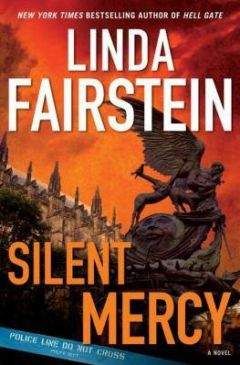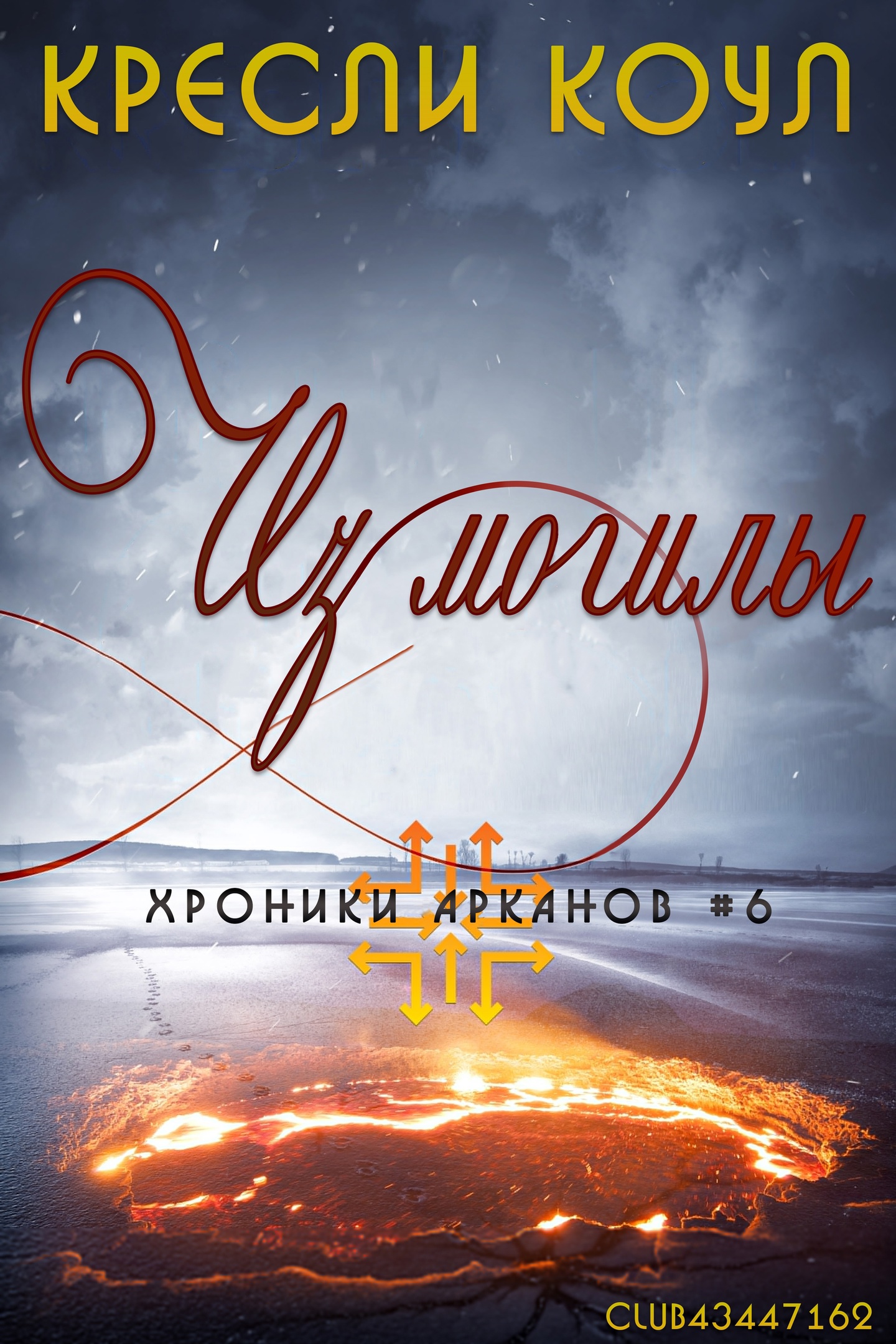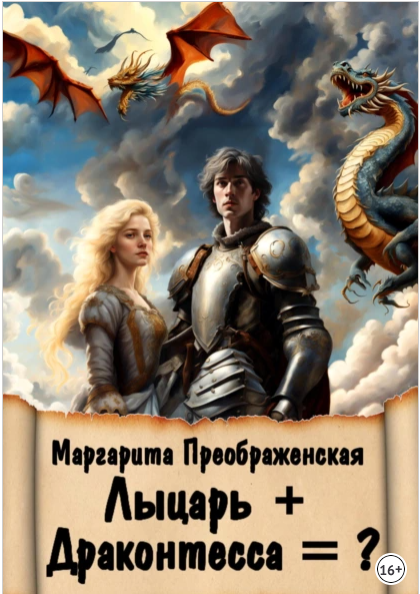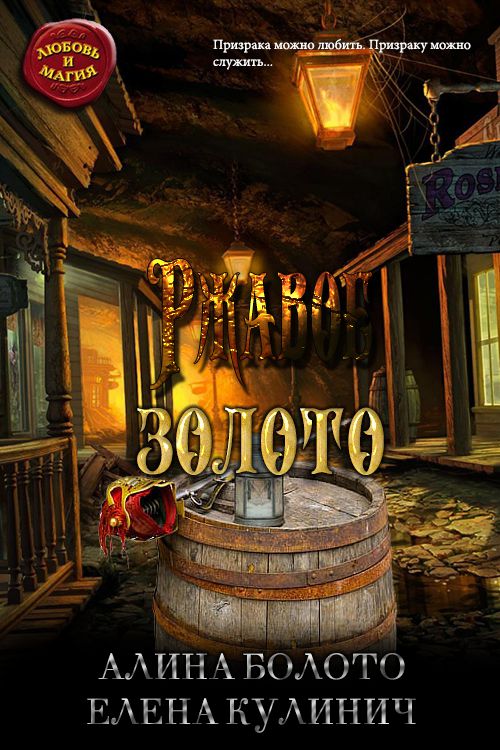Fairstein, Linda - Silent Mercy

Помощь проекту
Silent Mercy читать книгу онлайн
“I’d say her mobility was limited, sir. Just like her access. But we can rule out the inside of your church pretty quickly, if you’d let us.”
“There’s a small office through that door to the left, behind the altar. Come with me, please.”
Amos Audley limped ahead of us, keeping a keen eye on the detectives as they scoured the sanctuary. Mike suggested to Sergeant Grayson that he wait at the entrance to the building to direct the comings and goings of investigators, and to keep out the press.
Mercer and I followed as Mike walked behind Wilbur Gaskin. The small room he led us to — bare except for a table and six wooden chairs — was cold and drafty. I seated myself away from the old lead-glass windows that rattled whenever the March wind kicked up.
“Isn’t this about the point when I’m supposed to tell you to get a search warrant?” Gaskin scratched his head and phonied up a smile, though I didn’t think he was as unsophisticated as he tried to appear.
“This church is a crime scene. Up to me, I think we’re entitled to scope it out. But my specialties are dead folk and the detritus of their late, lamented lives, Mr. Gaskin. Ms. Cooper’s your law jock. Ask her what you’d like and the decision’s up to you.” Mike started toward Audley, who moved out of the way of the door, as I leaned forward to express my opinion.
“That’s all right, Detective. I don’t want to hold things up. Suit yourselves.”
“How many people have keys to the church?” Mercer asked.
Gaskin pointed a finger at Amos Audley, who answered, “Ain’t but a few that can unlock the front—”
“How many, exactly?”
“I said a few,” Audley snapped at Mercer Wallace. “I can’t give you a number. But there’s more than a dozen to the entrance on 114th Street, right by the pastor’s office.”
“A dozen people with keys?” Mercer repeated the number.
“Last I knew. The pastor hisself, his assistant, his secretary. Then there’s the choir director and his number two. A couple of parishioners who help with the finance business. Not sure who all else got them.”
“There must be a list?” Mike asked.
“Surely,” Gaskin said, “when the office opens in a few hours. We’ll get you that.”
“Have you had any problems recently? Any feuds that were brought into the church?” Mercer asked.
“Any psychos showing up to pray?” Mike added.
Wilbur Gaskin shook his head. “Nothing I’m aware of. Amos?”
“Not my business, Mr. Gaskin. Not none of my business who comes for the Lord’s word.”
Every now and then I could hear the footsteps of the detectives, climbing stairs to the choir loft or opening doors that led from the chapel. Audley’s head turned at the same sounds. The mass of keys on his belt clanged against one another whenever he moved. “You mind if I step out, Mr. Gaskin?”
“I’d prefer you stay close, Amos. You’ve got more answers than I do.”
“I understand that this church was built to be a synagogue,” Mike said. “You know anything about that?”
“You spend enough time here, it’s hard not to notice. It’s the story of most cities, Mr. Chapman, and of many houses of worship,” Gaskin said. “The population changes and the demographics shift. One ethnic group replaces another, one religious community takes over the temples the others left behind. It’s not so strange.”
“What was the synagogue called then?” I asked.
“In English, it was People of Mercy. I can’t properly pronounce the Hebrew,” Gaskin said, jotting the words “Ansche Chesed” on a piece of paper he withdrew from his pants pocket. “I don’t suppose any of you can read this or tell me if I’m right?”
“Give it a whirl, kid,” Mike said to me, explaining in the next breath. “She was ‘Cooperized’ at Ellis Island. Some really complicated name was totally neutered.”
“My father’s parents were Russian Jews,” I said. My mother’s Finnish roots revealed themselves in my blond hair and pale green eyes. She had converted to Judaism when she married my father, and although I was raised as a reformed Jew, I was embarrassed at how little of the Hebrew language — or religious tradition — I knew. “But I can’t help with this one.”
“That’s all right. I came by Gaskin the hard way too. My great-granddaddy’s owner made sure all his slaves took his name.” He winked at me, and I noticed that his eyes were nearly as light in color as mine. “But our church isn’t unique around here. Mount Olivet Baptist, that was a synagogue too. So was Cross Church of Christ, on 118th. Look around here a little more carefully.”
“I never imagined.”
“A hundred years ago, when this place was built,” Gaskin said, “Harlem was the third largest Jewish settlement in the world — in the world — after the Lower East Side and Warsaw. It was a thriving community dominated by Jewish culture and heritage. There are remains of it in buildings all over the neighborhood.”
The part of Manhattan known as Harlem ran east to west from river to river, and from 110th Street north to 155th.
“In 1910, we were only ten percent of the population here, Ms. Cooper. Twenty years later, the great migration started from the South. By the fifties, Harlem was ninety-eight percent black.”
“And the Jews?” Mike asked.
Wilbur Gaskin shrugged. “The diaspora continued. They moved once more. This time because they wanted to, not because they had to. To Riverside Drive, to Park Avenue, to the Grand Concourse, and up to Westchester. These churches — these magnificent synagogues — are the silent vestiges of their years in Harlem.”
Footsteps again, like a couple of cops were running inside the church. Audley was in the doorway, checking out the activity.
“Neboh,” Mike said. “What’s that?”
“One of the four holy mounts, Mr. Chapman. The Bible says it’s the place from which Moses first saw the Promised Land.”
“This girl wasn’t quite so lucky.”
“One more thing about our church, Detective, to confuse you further. Before we Baptists took it over, it had a short incarnation as a Roman Catholic sanctuary. I think that trifecta is true of only two institutions in Manhattan.” Gaskin went on in Spanish, “Iglesia de Nuestra Señora de la Medalla Milagrosa.”
“Our Lady of the Miraculous Medal,” Mike said.
Now there were loud noises, like men arguing in the sanctuary.
“Your Spanish isn’t bad,” Gaskin said, patting Mike on the shoulder.
“Can’t do homicide in this city without a smattering of español.”
I was ten years beyond cringing at Mike Chapman’s political incorrectness. But I wondered if the interim Catholic incarnation of the building did anything to influence Mike’s theory of why the body landed here.
A sharp voice shouted a command as a heavy door slammed shut.
“What’s the ruckus?” Mercer asked, following Amos Audley through the door.
Now I could hear many more footsteps. It sounded like cops were running through the building, along the south wall. I recognized Scotty Jaffer’s voice calling out that he wanted help in the basement.
Mercer broke past Audley, who was moving as fast as he seemed to be able to, and Mike sprinted after Mercer. I stood in the doorway with Wilbur Gaskin at my shoulder.
“Let it be,” Amos Audley called out, obviously distressed by the massing of officers, two with their guns drawn. “No harm there.”
“Bringing out four,” Jaffer called.
I could see a large oak door, and from the echoing sound of the detective’s voice, I assumed he was still downstairs.
Wilbur Gaskin panicked. He opened his cell phone and speed-dialed someone, starting to explain the situation in which he found himself at three twenty in the morning.
“Nice and easy,” Mercer said, holding both arms in front of him and backing away from the basement door toward the main sanctuary. “Come forward one at a time. Slow. Hands over your heads.”
The first to emerge was a young man in his early twenties. He was about my height, with a shaved and waxed head, dressed in a filthy sweatshirt, torn jeans, and unlaced high-tops.
Mercer’s calm seemed to be controlling the unexpected encounter. “Sit right there,” he said, pointing to a seat in the front row of pews.
“You know him?” I asked.
He covered the mouthpiece of the phone. “I’ve never seen him.”
“Put your guns down,” Mercer said quietly to the cops who flanked him. “Let’s get this done right.”
“Send out the next one, Scotty,” Mike said. He was always edgier than Mercer, a bit frenetic and pacing now, to distance himself from Amos Audley, who was muttering something at Mike’s back.
The second guy was heavier-set than the first, but just as unkempt and unhappy to be disturbed in the middle of the night. Mercer seated him a good distance away from his friend and directed two of the four cops to stand behind him.
It sounded as though there was some scuffling — and some physical urging by Scotty Jaffer — before the next trespasser came up the steps, lifting his head as he entered the large barrel-vaulted space.
“Dammit!” Gaskin said into the phone before he shut it. “It’s Luther again.”
“What do you mean?” I asked as he strode forward.
Wilbur Gaskin waved me off with his free hand.
“You,” Mercer said, turning his head to look at us when he heard Gaskin’s outburst. “Back row.”
“Let me speak to this,” Amos Audley said, grabbing Mike’s arm.
“What?” Mike shook him off. He wanted his hands free.
“He’s mine.”
“Last man standing,” Jaffer said. “On the way out to you.”
The fourth kid didn’t come easily. He was cursing at the detective and banging on the walls with his fists as he climbed up.
“I thought Luther was still upstate, in prison,” Gaskin said. “Looks like he’s been living here, doesn’t it?”
“Step back, Amos,” Mike said. “Out of the way.”
“You don’t understand, Mr. Mike.”
“You’ll explain later. Stay out of the way.”
The fourth player showed himself. Dreads hanging out from under a do-rag, a long-sleeve T-shirt with a skull on the front, and tattered black pants made him look like he was wearing an unofficial gang uniform. The long scar across his nose and cheek was thick and dangerously close to his eye.
“They’ve done nothing, Mr. Mike. These freezin’ cold nights, boys need a place to stay warm.”
Then I could have sworn I heard Audley say the word “blood.”
“I’m telling you to take it easy, Mr. Audley,” Mike said, swiveling to get the anxious custodian out of the path he intended to send the last kid.
Audley took two steps to the side and the young man saw his opening. He bolted past Mike, clearly familiar with the interior of the old building, and around to the rear of the chancel. He was thin and wiry, and his head start made it impossible for any of the cops to catch him. I was simply grateful that none of them drew a gun.
“What’s back there?” I asked.
“A couple of doors, Ms. Cooper.” Before Audley could finish his sentence, I heard one slam shut.
Mercer called out to Grayson, who sent men running through the church and, I’m sure, out on the street as well.
Mike was furious. “These kids don’t move. Cuff ’em and let ’em sit till we sort this out.”
Amos Audley hadn’t figured out how to keep out of Mike Chapman’s way. He pointed at Luther, his finger trembling with fear. “It’s the Lord’s house, Detective. No harm in them being in the Lord’s house. He’s my grandson, Mr. Mike. That boy’s my blood.”
FOUR
“NO harm in them being in the station house, either,” Mike said. “How old are you, Luther?”
The young man neither looked up nor answered.
“How old?”
“He twenty-two,” Amos Audley said.
“Luther. Look at me.” Mercer Wallace’s booming voice got the young man’s attention. “Don’t go dissing your grandfather, ’cause you do that and you’re taking on me and Chapman and a whole bunch of guys you don’t really want to butt heads with. Let’s go inside and talk.”
Luther appeared to be more sullen for being singled out from his friends by a detective. He didn’t budge.
“Get up on your feet,” Mercer said.
He rose slowly, and his two companions hissed their disapproval.
“Mr. Audley,” Mike said to Amos, trying to distract him from his grandson’s predicament, “I think the sergeant could really use your help. Don’t get yourself in knots over these kids.”
Mercer frisked Luther from top to bottom and then led him back to the small room in which our conversation with Wilbur Gaskin had started. Luther’s jeans hung so low on his body that Mercer grabbed the waistband and hoisted them, startling the vacant-looking young man and probably pinching one of his testicles, from the sound of his squeal.
“Wassup with that?” Luther asked, trying to wrest himself away from Mercer.
“R-e-s-p-e-c-t. If the lady really wanted to see your ass, Luther, she’d probably invite you to drop your pants all the way.”
Mike was giving Grayson orders to search and cuff the two others and separate them for some initial questioning before taking them off to the 28th Precinct station house.
“What does your gut say, Detective?” Gaskin asked.
I had almost caught up to Mercer, but I paused to listen to Mike’s answer.
“Unlikely they’re involved. I haven’t been this lucky — or fast — catching a perp since my first domestic when the guy stabbed his wife to death with a carving knife in their bed then fell asleep next to her, waiting for a response to his 911 call so he could tell me she must have forgotten it was there and fell on it. They’ll be more valuable for anything they saw or heard. You know them?”
“Just Luther. The kid’s done everything possible to break his grandfather’s heart.”
Amos Audley’s limp was more pronounced as he struggled to follow Grayson while keeping an eye on Mercer’s charge.
“Banger?”
“Sorry?”
“Is he in a gang? A gangbanger?”
“Yeah. Something to do with that dead rap gangster they all idolize,” Gaskin said.
“Tupac Shakur,” Mike said, shaking his head. “Rapist and rapper. One of Coop’s best teammates prosecuted him for molesting a teenage fan, which only helped confer sainthood on him.”
“ ’ Course they idolize him. He was a total thug.”
“PacMen’s Luther’s gang, then. A most unsuccessful group of losers.”
Mike’s stage whisper was intended to irk the two young men now handcuffed to the armrests at the end of the row in the handsome church.
“We’ve got a program here,” Gaskin said. “An initiative working with kids at risk, kids who’ve been in the system. Called something like Fair Chance.”
























